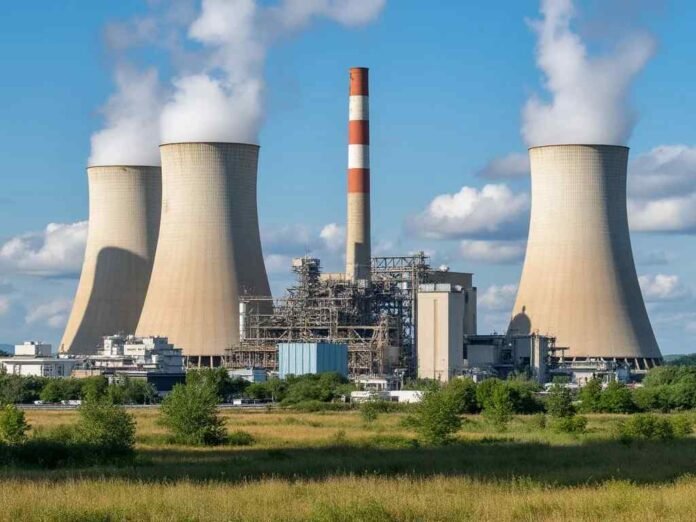As Prime Minister Shehbaz Sharif readies for a visit to Beijing, Islamabad is grappling with a major sticking point in its efforts to untangle the power sector’s circular debt: Chinese Independent Power Producers (IPPs) are refusing to let go of billions in late payment surcharges.
A Growing Debt Burden
Pakistan owes Chinese power companies roughly Rs423 billion. Since the launch of CPEC energy projects nine years ago, Islamabad has cleared most of its dues—about Rs5.06 trillion out of Rs5.48 trillion billed. But significant arrears remain, with some of the largest liabilities tied to Huaneng Shandong Ruyi (Rs87 billion), Port Qasim Electric Power (Rs85 billion), and China Power Hub Generation (Rs70.4 billion).
IMF Approval Still Pending
The government had earlier struck a deal with commercial banks to manage Rs1.257 trillion of circular debt, but the International Monetary Fund has yet to formally approve the framework. Without IMF’s sign-off, the financial restructuring cannot move forward.
At the same time, both the US International Development Finance Corporation (DFC) and Chinese IPPs have made it clear they will not waive late payment interest. This refusal is preventing Islamabad from securing tariff reductions that could ease pressure on consumers.
Pressure Mounts Before PM’s China Visit
Officials are racing to resolve the dispute before Shehbaz Sharif’s trip. The Ministry of Power may be forced to seek approval for paying interest on top of the principal debt, a move that would raise the government’s financial burden. The Central Power Purchasing Agency (CPPA) is working to wrap up negotiations, with a plan to release Rs1.257 trillion within 15 days once the agreement is sealed.
Deal Structure in Place—But Not Signed
According to officials from the Finance and Power ministries, technical arrangements are already complete. The proposed deal would carry a cost of KIBOR minus 0.9%—around 10.1%. Yet, delays triggered by flash floods and the stalemate over surcharges have slowed finalisation.
For Pakistan, the issue is more than just a financial dispute. With circular debt choking the power sector and straining public finances, the outcome of these talks will directly affect both energy stability and Islamabad’s broader economic negotiations with lenders and investors.


